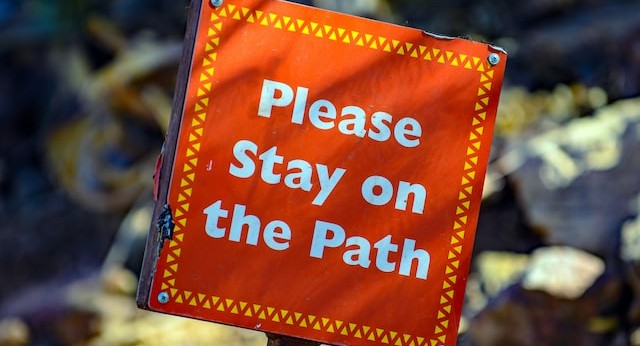 I’m continuing to enjoy Keith Sawyer’s book, Group Genius (earlier post here). Mostly as an aide-memoire to myself I wanted to log a few more of his ideas conscious that I’m probably summarising and over-simplifying.
I’m continuing to enjoy Keith Sawyer’s book, Group Genius (earlier post here). Mostly as an aide-memoire to myself I wanted to log a few more of his ideas conscious that I’m probably summarising and over-simplifying.
He takes a look at how insights are generated. He cites evidence that we’re not terribly good at explaining where our insights come from, partly because we don’t consciously notice the triggers. An experimenter set up two ropes hanging from a ceiling. They are far enough apart that one person can’t reach out to be able to bring the two ends together.
One person is then (surprise, surprise) asked to bring the two ends together. After some stretching and struggling, they realise this won’t work. Will they make the leap of insight to the solution? (There’s a pair of pliers in the room too. If you tie the pliers to the end of one rope and swing it like a pendulum, you can go grab the other rope and then catch the swinging rope as it comes to you. Job done.)
People found it hard to reach this solution. But the experimenter sometimes helped them by wandering across the room on some pretext and “accidentally” hitting one of the ropes, making it swing. After that, lots of people were able to solve it.
Here’s the best bit though: they didn’t actually acknowledge the role of the experimenter’s actions in reaching the solution. They come up with stories about how this insight occurred to them, but didn’t seem to have noticed the action that really triggered it. (Sawyer elaborates with a nice yarn about Coleridge confabulating the origins of his Kubla Khan epic, disguising the detailed preparations that went into it).
A lot of folks are quite uppity about “owning” ideas “they thought of”. Maybe they’re just falling into this cognitive error that seems to blind us to the outside stimulii that are at work?
Learning from puzzles, not statements
Sawyer continues to challenge the notion of the blinding flash of insight inside our heads. In another experiment, people are given a set of 15 puzzles. Buried among them is one about a man who marries 20 wives in a week, is very happy and never gets divorced. And no, he’s not living in Utah.
The solution is that the man is a clergyman. The interesting thing is that experimenters primed their subjects in two different ways. The first group, sometime prior to being given the puzzle are given the declarative statement, “It made the clergyman happy to marry several people each week.” It seems they forget this input when they get to the puzzle and still struggle.
The second group are given something different in advance. They’re given the statement, “The man married several people a week because it made him happy.” Then a few seconds later they are given the word “clergyman”. This group then go on the main test and don’t struggle. By having a practice at solving the problem, they get better. Sawyer comments
What’s happening is, you store information in a different way when you solve a problem than when you passively receive information.
Have you ever wondered why so often you tell people how to do something and they still don’t get it? Maybe you’ve run foul of this psychological phenomenon then: there’s more learning in working on a puzzle than in being given the answer. And then folks can map that learning across to puzzles of similar structure.
Collaborative ideas
Sawyer rounds off this section by challenging three common assumptions about creativity:
1. That we’re blocked from creativity by our past experiences. Experiments suggest that simply eliminating false assumptions makes puzzles only slightly easier. (In the puzzle of joining nine dots set out in a square with just four lines, telling people they can draw outside the square doesn’t, apparently, help much. So much for “getting outside the box”!)
2. When you break the fixation, the answer will come in a flash of insight. No, apparently not. What you need is experience in the new problem-solving domain.
3. Insight solutions are independent of prior knowledge. In reality, training in similar problems makes a big difference.
Sawyer summarises:
Creativity isn’t about rejecting convention and forgetting what we know. Instead it’s based on past experience and existing concepts. And the most important past experiences are in social groups filled with collaboration.







